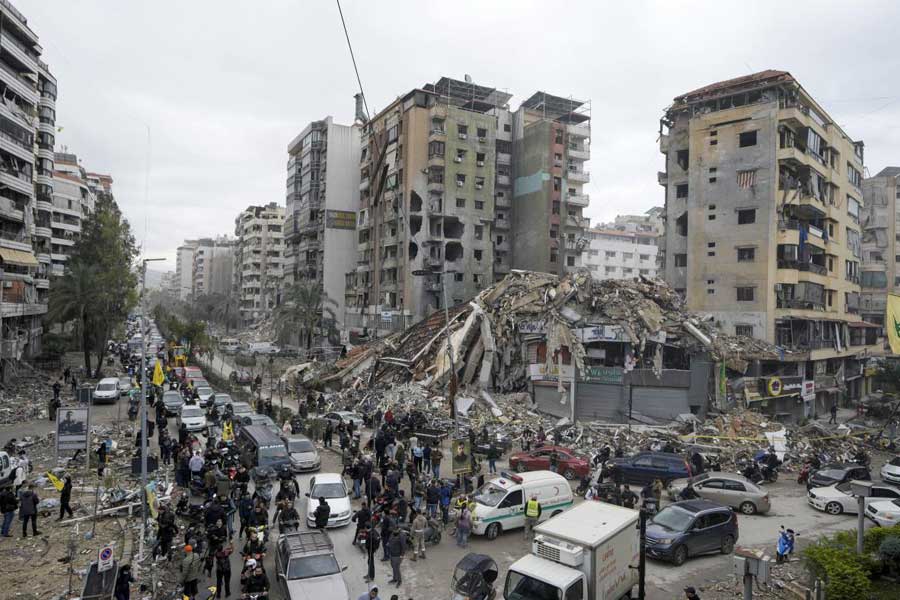For the past year, Israel’s allies and enemies have pressed the Israeli military to limit its attacks on Iran and its partners in Lebanon and Syria, hoping to avoid a regional escalation.
Israel forged ahead regardless, intent on weakening the Iran-led axis. It bombarded Hezbollah, the Iran-backed Lebanese militia; launched its first open assaults on Iran; and regularly struck Syria, seeking to block the routes by which Iran sent arms to Hezbollah.
The fall of President Bashar al-Assad of Syria, a long-time ally of Iran, is seen in Israel as the crowning consequence of that yearlong campaign against Iran and its interests, even if it is also tinged with uncertainty about what comes next.
Without Israel’s blows against Hezbollah and Iran, Israeli leaders say, Syria’s rebels might not have dared revive their rebellion against Assad. And Iran and Hezbollah, which had propped up his regime for a decade, might have been better placed to save him.
Assad’s collapse “is the direct result of our forceful action against Hezbollah and Iran, Assad’s main supporters”, said Benjamin Netanyahu, Israel’s Prime Minister, as he toured the Golan Heights on Sunday, a territory that Israel captured from Syria during the Arab-Israeli war of 1967.
“It set off a chain reaction of all those who want to free themselves from this tyranny and its oppression,” Netanyahu said.
Still, Israelis are concerned about who will succeed Assad in Syria.
Hayat Tahrir al-Sham, the main Opposition alliance, has been fighting Hezbollah and its Iranian allies in Syria for years and is unlikely to allow Iran to continue to use Syria as a thoroughfare for arms deliveries to Lebanon. Abu Mohammed al-Jolani, the leader of Hayat Tahrir al-Sham who uses a nom de guerre, said in an address in Damascus on Sunday that the Assad regime had brought many ills upon Syria and had allowed the country to become “a farm for Iranian greed”.
But Hayat Tahrir al-Sham is also a hardline Islamist group with no love for the Jewish state. The name Abu Mohammad al-Jolani is derived from the Arabic word for the Golan Heights.
And the rebels’ main foreign backer, Turkey, has been strongly critical of Israel’s actions in Gaza — leading to unease in Israel about the prospect of a Turkish-backed government controlling one of Israel’s northern borders.
“The collapse of the Assad regime, the tyranny in Damascus, offers great opportunity but also is fraught with significant dangers,” Netanyahu said on Sunday.
New York Times News Service










